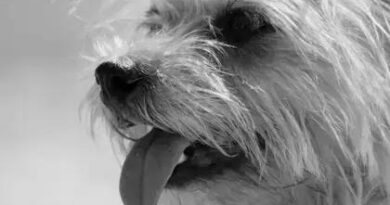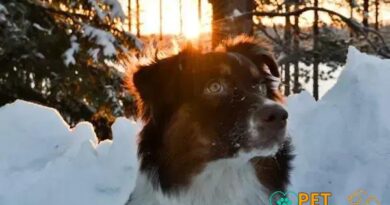What is Zona rural e cães
What is Zona Rural?
The term “Zona Rural” refers to the rural areas outside urban centers, characterized by open spaces, agricultural lands, and a lower population density. In these regions, the lifestyle is often more connected to nature, and the community tends to be closer-knit. Understanding the essence of Zona Rural is crucial for dog owners, as it influences the environment in which their pets live and thrive.
The Importance of Rural Areas for Dogs
Rural areas provide a unique environment for dogs, offering vast spaces for them to roam and explore. Unlike urban settings, where dogs may be confined to small apartments or limited outdoor areas, the Zona Rural allows for more freedom. This open space is essential for a dog’s physical and mental well-being, enabling them to engage in natural behaviors such as running, digging, and exploring.
Benefits of Raising Dogs in Zona Rural
Raising dogs in a Zona Rural setting comes with numerous benefits. The fresh air and natural surroundings contribute to better health for both dogs and their owners. Additionally, rural areas often have fewer distractions, such as traffic and noise, allowing dogs to enjoy a more peaceful existence. This tranquility can lead to reduced stress levels for pets, promoting a happier and healthier life.
Common Dog Breeds in Rural Areas
In rural settings, certain dog breeds thrive due to their adaptability to the environment. Breeds such as Border Collies, Australian Shepherds, and Labrador Retrievers are popular among rural dog owners. These breeds are known for their intelligence, energy, and ability to work alongside humans, making them ideal companions for those living in the countryside.
Training Dogs for Rural Living
Training dogs for life in the Zona Rural requires a different approach compared to urban training. Owners should focus on teaching their dogs to respond to commands in open spaces and to be aware of their surroundings. Socialization is also crucial, as rural dogs may encounter wildlife or livestock, and it’s essential for them to behave appropriately in these situations.
Health Considerations for Dogs in Rural Areas
While rural living offers many advantages, it also presents specific health considerations for dogs. Exposure to wildlife can lead to encounters with ticks, fleas, and other parasites. Regular veterinary check-ups and preventive care are vital to ensure dogs remain healthy. Additionally, owners should be aware of the potential for injuries from rough terrain or encounters with wild animals.
Feeding Dogs in the Zona Rural
Feeding dogs in a rural setting may differ from urban feeding practices. Many rural dog owners opt for high-quality, natural dog foods that align with the lifestyle of their pets. Additionally, some may choose to supplement their dog’s diet with fresh produce or even home-cooked meals, ensuring their pets receive the best nutrition possible in a rural environment.
Socializing Dogs in Rural Communities
Socialization is a key aspect of raising a well-adjusted dog, and rural communities often provide unique opportunities for this. Local dog parks, community events, and informal gatherings can help dogs interact with other pets and people. Engaging in these social activities is essential for developing a dog’s confidence and ensuring they are well-behaved in various situations.
Challenges of Dog Ownership in Zona Rural
Despite the many benefits, dog ownership in the Zona Rural can come with challenges. Access to veterinary services may be limited, and owners must be prepared for emergencies. Additionally, the presence of wildlife can pose risks, and owners should take precautions to keep their dogs safe from potential dangers, such as snakes or aggressive animals.
Conclusion: Embracing Rural Life with Dogs
Living in the Zona Rural with dogs can be a rewarding experience, offering a lifestyle that promotes health, happiness, and companionship. By understanding the unique aspects of rural living and being proactive in addressing challenges, dog owners can create a fulfilling life for their pets in the countryside.




